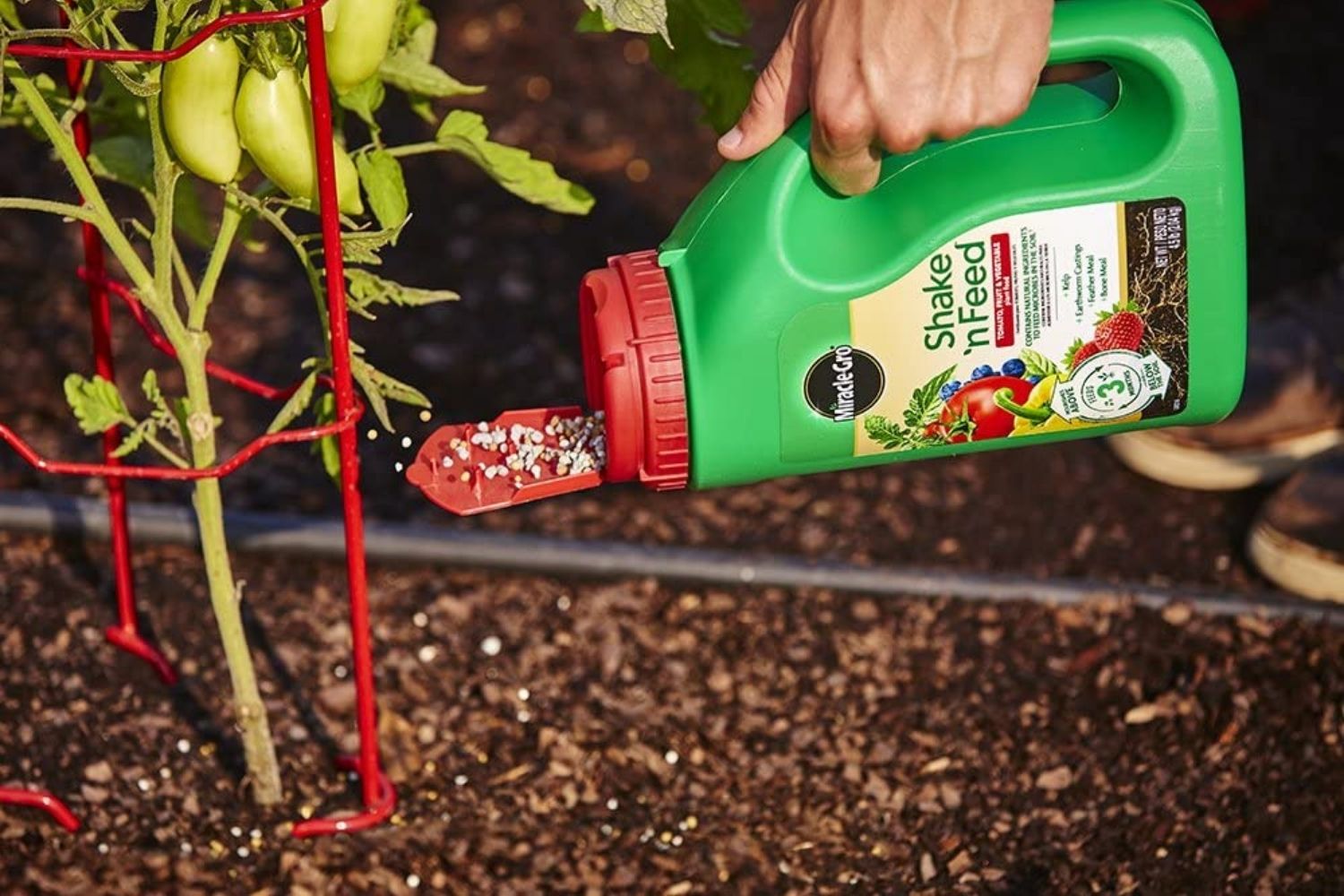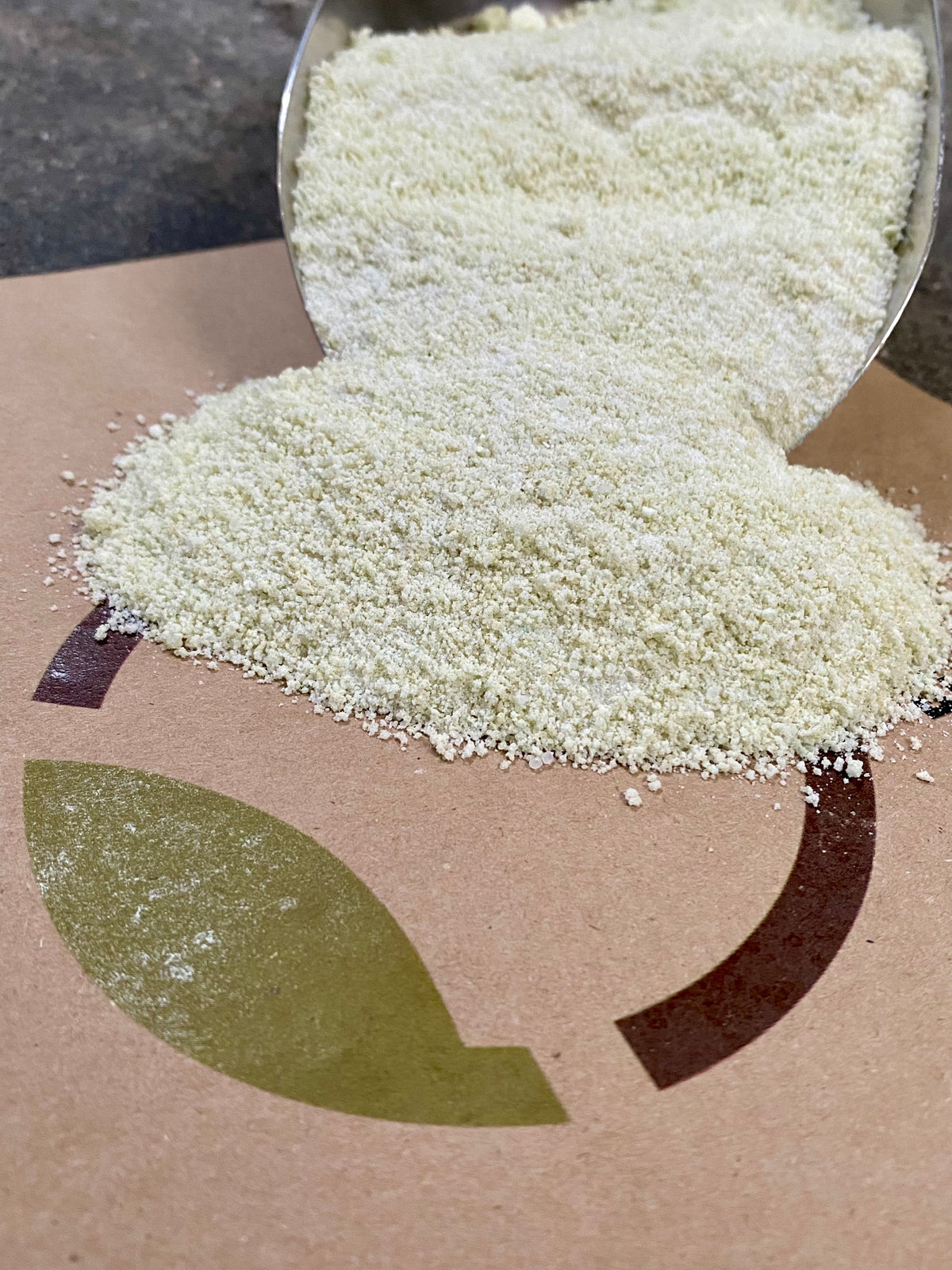Best Fertilizers for Peppers: Boost Development and Taste Naturally
Best Fertilizers for Peppers: Boost Development and Taste Naturally
Blog Article
How Fertilizers Play a Critical Function in Cultivating Plentiful and healthy and balanced Pepper Crops
Plant foods act as the backbone of successful pepper farming, supplying a calculated strategy to nurturing the dirt and promoting optimal plant development. The intricate dancing between crucial nutrients and the pepper plants' physical procedures emphasizes the crucial duty that plant foods play in making certain a plentiful harvest. From sustaining robust root advancement to boosting illness resistance, the impact of fertilizers is significant in the farming of fruitful and healthy and balanced pepper plants. Remain tuned to discover the nuanced methods which plant foods add to the thriving of pepper plants and the sustainable practices that underpin their effectiveness.
Importance of Nutrient-Rich Plant Foods
The usage of nutrient-rich plant foods plays an essential role in boosting the efficiency and quality of pepper crops in modern agricultural techniques. Pepper plants need a balanced mix of necessary nutrients to flourish and produce high yields of quality fruits. Potassium, nitrogen, and phosphorus are main nutrients that are essential for the development and development of pepper plants. Nitrogen help in leafy eco-friendly growth and total plant vitality, phosphorus supports origin development and flower manufacturing, while potassium contributes to illness resistance and fruit quality.
Inadequate levels of these nutrients can cause stunted growth, minimized returns, and sensitivity to conditions (best fertilizers for peppers). Nutrient-rich fertilizers offer a targeted service to guarantee that pepper plants get the required elements for ideal development and efficiency. Furthermore, these fertilizers help boost dirt fertility in time, creating a lasting setting for lasting pepper growing
Enhancing Plant Growth and Development
To optimize plant development and development in pepper plants, tactical application of nutrient-rich plant foods is necessary. Plant foods play a crucial function in enhancing the general health and efficiency of pepper plants by offering them with essential nutrients that may be doing not have in the soil.
Iron, for circumstances, is essential for chlorophyll production, which is essential for photosynthesis and total plant growth. Zinc plays a vital role in enzyme activity and hormonal agent synthesis, impacting plant growth and growth at a cellular degree.

Boosting Condition Resistance With Fertilizers
By purposefully integrating targeted plant foods, farmers can bolster the disease resistance of pepper crops, making sure optimum plant health and productivity. Plant foods including crucial nutrients like potassium, nitrogen, and phosphorus play an important function in enhancing pepper plants' body immune systems, making them extra resistant to numerous conditions. Nitrogen, as an example, aids in the production of proteins that are important for plant defense reaction. Phosphorus contributes to root growth, making it possible for plants to much better absorb nutrients and water, thus enhancing their ability to fend off diseases. Potassium manages processes that enhance general look at more info plant health and wellness, making peppers a lot more robust against pathogens.

Making The Most Of Pepper Yield Through Fertilizing
Using a well balanced fertilization approach is vital to accomplishing maximum pepper return and making certain ideal plant efficiency. By providing peppers with the appropriate nutrients at the ideal time, farmers can substantially improve their return capacity. Phosphorus, potassium, and nitrogen are necessary elements for pepper development, with nitrogen aiding in leaf and stem development, phosphorus sustaining root development and flower formation, and potassium advertising general plant health.
To make the most of pepper return, it is vital to perform soil examinations to identify existing vitamins and mineral levels and determine any kind of deficiencies that require to be addressed. Based upon these outcomes, farmers can establish a customized fertilization plan that meets the certain needs of their pepper plants. Additionally, proper fertilizing techniques such as split applications throughout the expanding season can make sure continual nutrition accessibility for the plants.

Lasting Fertilizer Practices for Peppers
In taking into consideration lasting plant food methods for peppers, it is imperative to concentrate on long-lasting soil health and environmental stewardship in conjunction with optimizing crop productivity. One vital strategy is the usage of organic fertilizers such as garden compost, manure, or cover plants, which not just provide essential nutrients to the peppers but also add to dirt structure and microbial activity. best fertilizers for peppers.
Additionally, accuracy farming techniques, such as soil screening and targeted nutrient applications, can aid maximize plant food use, making certain that peppers receive the nutrients they require without read the article excess drainage into view it waterways. This not only profits the environment by reducing pollution yet likewise saves costs for farmers by minimizing waste. By adopting lasting plant food methods, pepper cultivators can protect the health and wellness of their crops, dirt, and bordering ecosystems for future generations.
Conclusion
Finally, fertilizers are important for growing healthy and balanced and abundant pepper plants. best fertilizers for peppers. They offer necessary nutrients for plant development and advancement, boost condition resistance, and maximize return. By executing sustainable plant food practices, farmers can make sure the long-term health of their pepper plants and add to a more environmentally-friendly and reliable agricultural system
The complex dance in between necessary nutrients and the pepper plants' physiological processes emphasizes the critical function that fertilizers play in making certain an abundant harvest.To enhance plant development and advancement in pepper crops, critical application of nutrient-rich fertilizers is essential. Plant foods play an important function in boosting the overall health and wellness and efficiency of pepper plants by giving them with essential nutrients that may be lacking in the soil.By strategically incorporating targeted fertilizers, farmers can reinforce the illness resistance of pepper plants, making certain optimum plant health and productivity. Fertilizers containing important nutrients like nitrogen, potassium, and phosphorus play an essential role in strengthening pepper plants' immune systems, making them more resilient to various diseases.
Report this page